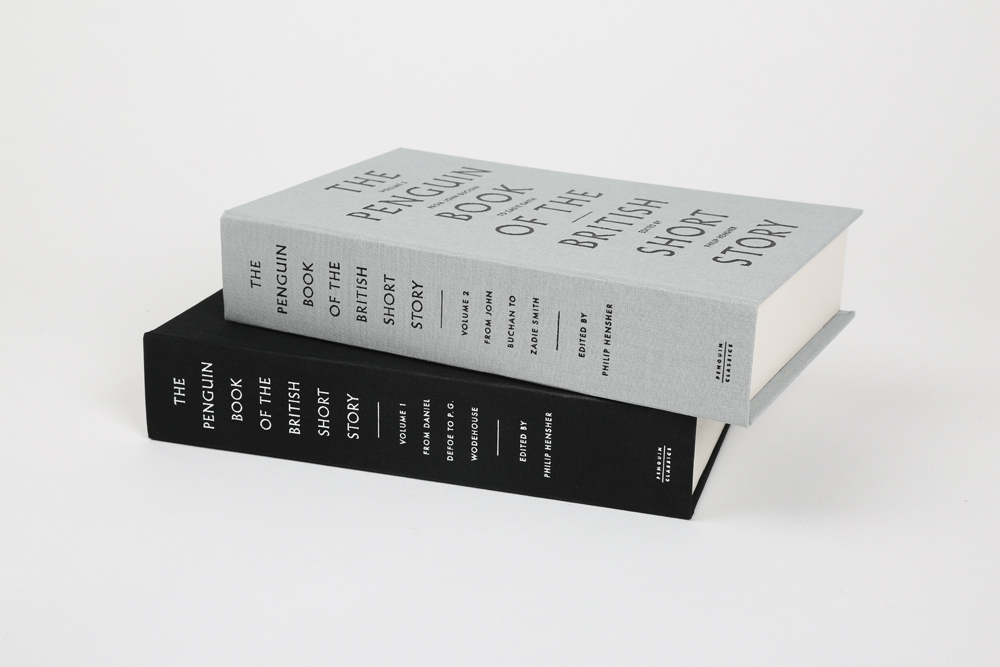- Home |
- Search Results |
- Philip Hensher on the British short story: ‘British writing is addicted to extremes’

The question I faced, reading a lot of new short stories, was the same: what does the British short story look like now? Despite external pressures, the old energy is still there. The best British short stories can choose to be riotous, crowded, poetic, vulgar, lewd. I found dazzling stories about stag parties, protest marches, catastrophes killing dozens, murders of the heads of state. They love particular places and states of mind – road menders, lecherous teenage girls. They love the tender details of particular relationships, a grandmother and grandson, the beginning and end of a marriage, colleagues in an office. They love the most scrupulous realism, and the wildest fantasy. They love the specific sentence, the turn of phrase, the very particular word – in one story, a word will, if spoken out loud, kill the listener. I came to think that the British short story was moderate in nothing but (often) its moral conclusions. Literary wildness and extreme behaviour often enlisted interest, even sympathy, in unexpected places – the abductors of children, inept Islamists, crack dealers, trolls, teachers of physics and chemistry. If there is a message to many of these stories, it might be that most British sentence: “Well, it’s more complicated than you might think.”
It’s grown more difficult for short story writers to reach a public. But writing that says what it has to say in a few thousand words is always going to be exciting – a temptation to both writers and readers. Putting together The Penguin Book of the Contemporary Short Story was a richly enjoyable task. This collection is of thirty passionate, virtuoso, utterly individual stories. They are unmistakably new and innovative: they also have at their heart the same qualities that the best short stories have always had. As always, they stand at a slight angle to the universe. The view from there can be unforgettable.
The Penguin Book of the Contemporary British Short Story is published on 4th October 2018, with the full list of titles and authors featured below:
Love
A.L. Kennedy, ‘Spared’
Tessa Hadley, ‘Funny Little Snake’
Kazuo Ishiguro, ‘Come Rain or Come Shine’
Jackie Kay, ‘Physics and Chemistry’
Graham Swift, ‘Remember This’
Jane Gardam, ‘Dangers’
Story
Ali Smith, ‘The Universal Story’
Neil Gaiman, ‘Troll Bridge’
Martin Amis, ‘The Unknown Known’
China Mieville, ‘Entry Taken from a Medical Encyclopaedia’
Peter Hobbs, ‘Winter Luxury Pie’
Men
Thomas Morris, ‘All the boys’
David Rose, ‘A Nice Bucket’
David Szalay, ‘Chapter 2’
Irvine Welsh, ‘Catholic Guilt’
Women
Lucy Caldwell, ‘Poison’
Rose Tremain, ‘The Closing Door’
Helen Oyeyemi, ‘if a book is locked there’s probably a good reason for that, don’t you think’
Leone Ross, ‘The Woman Who Lived in a Restaurant’
Helen Simpson, ‘Every Third Thought’
War & Politics
Zadie Smith, ‘Moonlit Landscape with Bridge’
Will Self, ‘The Rock of Crack as Big as the Ritz’
Gerard Woodward, ‘The Fall of Mr and Mrs Nicholson’
James Kelman, ‘justice for one’
Catastrophic Worlds
Lucy Wood, ‘Flotsam, Jetsam, Lagan, Derelict’
Hilary Mantel, ‘The Clean Slate’
Eley Williams, ‘Fears and Confessions of an Ortolan Chef’
Sarah Hall, ‘Later, His Ghost’
Mark Haddon, ‘The Piers Falls’
Envoi
Helen Dunmore, ‘North Sea Crossing’